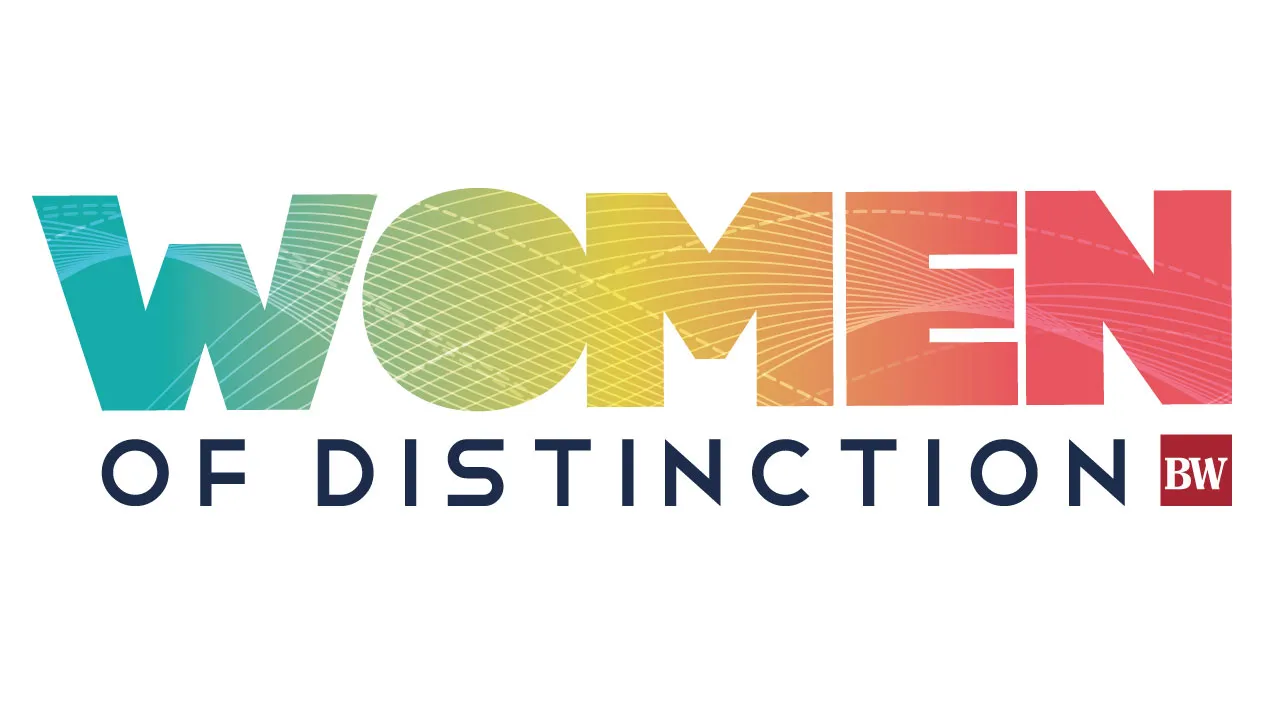You don’t define your brand: Your customers do
Yes, I know you’ve heard this before. Because it’s true. But that doesn’t mean that you despair that there’s nothing you can do about it. There’s plenty you can do.
Your brand is your enduring reputation, created by:
How your company behaves …
Relative to how people expect it to behave …
Over the course of years.
You influence all three of these! But, at the end of the day, it’s the customer who interprets what you do and judges what your brand means.
Company behavior: This is what people see…
THIS ARTICLE IS FOR SUBSCRIBERS ONLY
Continue reading for less than $3 per week!
Get a month of award-winning local business news, trends and insights
Access award-winning content today!

